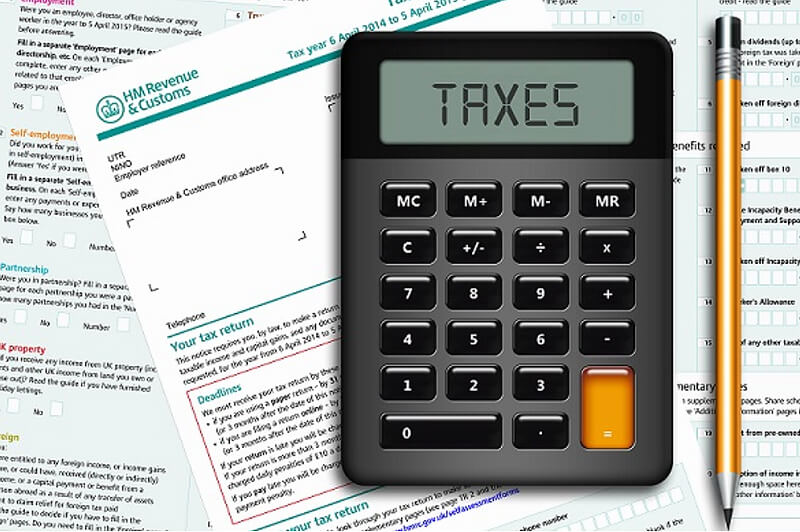
When the IRS files a federal tax lien, it is asserting a legal claim against a taxpayer’s assets to collect an unpaid tax debt. The IRS sends Letter 3172, Notice of Federal Tax Lien and Right to a Hearing to the taxpayer to give public notice to all creditors that the IRS has a lien against the taxpayer’s current assets, both tangible and intangible, as well as any after-acquired property, that is, property acquired after the filing of the lien.
Once filed, a federal tax lien remains a matter of public record until paid in full by the taxpayer. The original federal tax lien is recorded or filed at the courthouse closest to where a taxpayer resides. Many credit reporting agencies will receive this notice and, as a result, many purported tax-assistance agencies will solicit the taxpayer making claims that it has the ability to help remove the lien.
The collection procedures and policies offered by the IRS require a knowledgeable tax professional to negotiate a solution which is conducive to a taxpayer’s budget. The experienced and qualified tax lien experts and negotiators like the attorneys at Loan Lawyers may truly assist a taxpayer in a situation where the IRS has filed a federal tax lien.
A federal tax lien exists after the IRS:
- Assesses a taxpayer’s liability;
- Sends the taxpayer a Notice and Demand for Payment; and
- The taxpayer fails to fully pay the debt within the required time period.
A federal tax lien attaches to all presently-owned and future assets owned by a taxpayer. A lien is not synonymous with a levy. While a lien secures the government’s interest in property when a tax debt remains unpaid, a levy actually takes the property to pay the tax debt.
Once the IRS files a Notice of Federal Tax Lien, a taxpayer’s ability to obtain credit may be diminished. A federal tax lien may affect:
- The ability to obtain credit;
- The ability to sign a lease;
- the ability to obtain new employment;
- a credit report;
- the sale of a residence, property, or registered vehicles; or
- a bankruptcy proceeding.
See our next blog about settlement possibilities for federal tax liens.
At Loan Lawyers, our South Florida consumer rights and debt defense attorneys help individuals with problems related to the payment of their debts. The experienced South Florida defense attorneys at Loan Lawyers are here to help you if you have excessive debt, including tax debt. To schedule a free consultation at any of our three conveniently located offices, contact Loan Lawyers today by calling 954-523-HELP (4357).
- About the Author
- Latest Posts


























